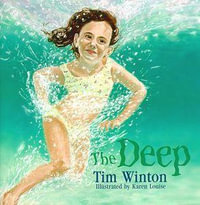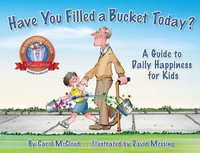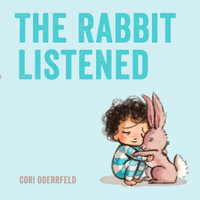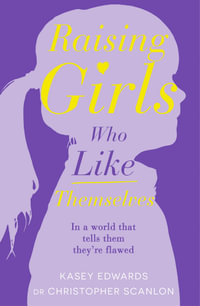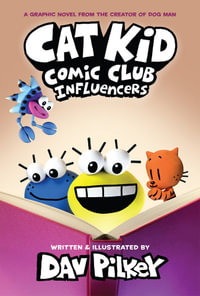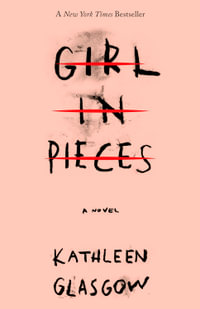
At a Glance
Paperback
RRP $22.99
$20.40
11%OFF
Aims to ship in 5 to 10 business days
When will this arrive by?
Enter delivery postcode to estimate
Booktopia Comments
Shortlisted for the 2010 Miles Franklin Literary Award
Shortlisted for the 2010 Colin Roderick Award
Product Description
'Lucid and beautiful, compassionate yet unflinching, enigmatic yet touching, sometimes tragic sometimes funny, this is a memorable novel by a writer at the height of her powers.'WEEKEND AUSTRALIAN
'Rich, visceral... Harnett's tiny domestic insights unleash a tornado of human experience.'HERALD SUN
'Hartnett's prose is breathtakingly good... Will make adult female readers shiver with gladness at being all grown up.'BIG ISSUE
'Full of insight and wit.'GUARDIAN
About the Author
Sonya Hartnett is the internationally acclaimed author of several novels, including Thursday's Child, winner of the 2002 Guardian Children's Fiction Prize, and Forest, winner of the 2002 Children's Book Council of Australia Book of the Year: Older Readers. In 2003, her adult novel, Of a Boy, won The Age Book of the Year and was shortlisted for the Miles Franklin Award.
In 2000 and again in 2003, Sonya Hartnett has been named one of The Sydney Morning Herald Young Novelists of the Year. Her work has been published internationally with editions available in the UK, US, Canada, Germany, Italy, Norway and Denmark.
In 2004, The Silver Donkey was published to great critical acclaim. It has won the 2005 Brisbane Courier Mail award for young readers and was CBC Book of the Year (Young readers) in 2005.
Surrender was published in 2005. It was shortlisted for The Age Book of the Year Award and the Aurealis Award - Fantasy Division in 2005.
In 2008 Sonya was the recipient of The Astrid Lindgren Memorial Award. The prize is awarded to authors, illustrators, narrators and/or promoters of reading whose work reflects the spirit of Astrid Lindgren. It is the first time this award has gone to an Australian.
Sonya's debut picture book, The Boy and the Toy, is being published in 2010. Her latest novel for younger readers, The Midnight Zoo, will be published in August 2010.
Sonya lives in Melbourne. She has a dog named Shilo and cat named Marcus.
ISBN: 9780143203056
ISBN-10: 0143203053
Published: 1st September 2009
Format: Paperback
Language: English
Number of Pages: 224
Audience: General Adult
Publisher: Penguin Australia Pty Ltd
Country of Publication: AU
Edition Number: 1
Dimensions (cm): 19.5 x 13 x 1.5
Weight (kg): 0.19
Shipping
| Standard Shipping | Express Shipping | |
|---|---|---|
| Metro postcodes: | $9.99 | $14.95 |
| Regional postcodes: | $9.99 | $14.95 |
| Rural postcodes: | $9.99 | $14.95 |
How to return your order
At Booktopia, we offer hassle-free returns in accordance with our returns policy. If you wish to return an item, please get in touch with Booktopia Customer Care.
Additional postage charges may be applicable.
Defective items
If there is a problem with any of the items received for your order then the Booktopia Customer Care team is ready to assist you.
For more info please visit our Help Centre.



